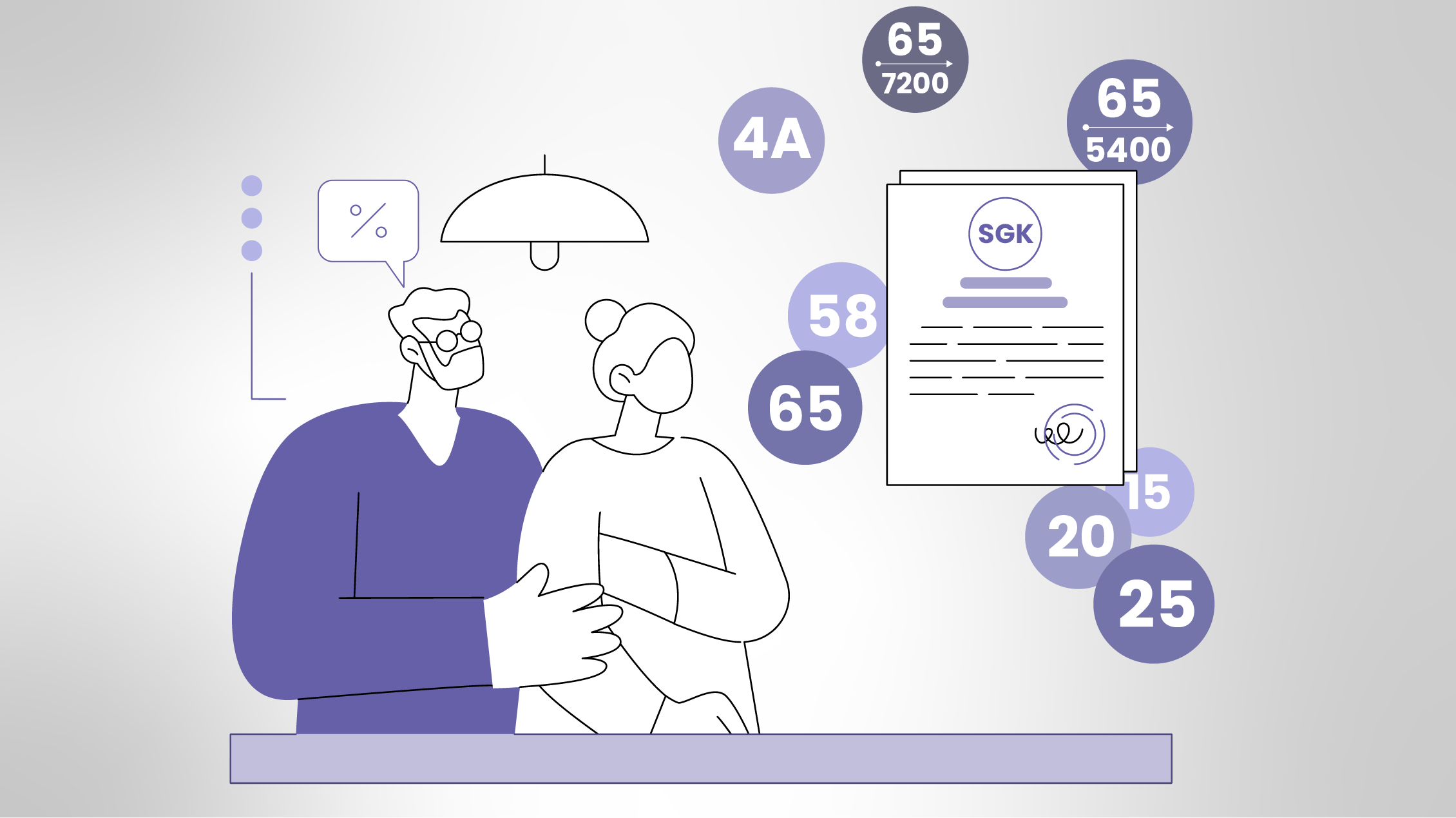18 May 2022
What is the Notice Period and Notice Payment?

The notice period refers to the amount of time between the notification of termination intention from either the employee or employer and the actual termination. In this context, we have provided answers to the frequently asked questions regarding when the notice period is not required and what notice payment is.
Under Turkish Labor Law, employment contracts can be terminated in two ways: "Termination of Fixed-Term Employment Contracts" and "Termination of Open-Ended Employment Contracts."
Fixed-term employment contracts automatically end at the end of their term, so there is no need for a notice period.
In open-ended employment contracts, notice periods are determined in the Labor Law according to the periods of service provided by the employee.
The length of the notice period is determined based on the employee's length of service, as per Article 17 of Labor Law No. 4857:
- Up to 6 months of service: 14 days,
- From 6 months to 18 months of service: 28 days,
- From 18 months to 36 months of service: 42 days,
- 36 months of service and beyond: a notice period of 56 days is valid.
Notice Period and Job Seeking Leave
During the notice period, an employee is entitled to take some time off to seek a new job. According to Article 27 of the Labor Law, “the employer is required to provide the employee with job seeking leave during working hours, without any deduction in their wages.” However, this leave is only applicable during the "notification periods". Failure to comply with this rule could lead to penalties for the employer. If an employer fails to grant or inadequately grants job seeking leave, the employee shall be paid their wage for the duration. If an employer employs the employee during the job seeking leave, the employee will be paid for the period worked, as well as for the leave with a one hundred percent increase. This type of leave is known as "job seeking leave" and it amounts to 2 hours per workday during the notice period.
What is Notice Payment?
Notice payment is a legal right that compensates an employee or employer when terminating an indefinite-term employment contract without adhering to the notice period as stipulated in the law. The payment includes all social benefits, such as meal and transportation allowances, as part of the employee's gross salary. Whether the employee receives meal or transportation allowances in kind or in cash, they will be included in the notice payment calculation. This means that the meal cost, whether reimbursed, provided through a meal card, or served at the workplace, will be included in the calculation. Additionally, no deductions can be made from notice payment except for income tax and stamp tax.
What are the Conditions for Entitling to Notice Payment?
According to Article 17 of Law No. 4857, it is mandatory for both the employee intending to leave the job and the employer intending to terminate the employment contract to notify the other party before the specified period mentioned in the law. Notice payment can be claimed by an employee if certain conditions are met. The conditions that must be fulfilled to be entitled to notice payment are as follows:
- The employment contract must be indefinite-term.
- The termination of the employment contract should not be based on just cause.
- The employment contract must have been terminated without adhering to the notice periods specified in the law.
- The termination notice must comply with the procedure.
In the case of fixed-term contracts, no additional notification is needed to terminate the contract as the exact termination date is already specified. However, for indefinite-term contracts where the exact termination date is not specified, written notification must be given according to the notice periods stated in the law. Therefore, notice payment can only be claimed for indefinite-term employment contracts.
If an employment contract is terminated due to a just cause, the party who terminates the contract will not be required to pay notice payment to the other party. The labor law lists the just causes that grant the employee the right to terminate the contract immediately in Article 24. If the employee terminates the contract based on any of the just causes listed in Article 24, they will not be required to wait for the notice period. In such cases, the employee will also not be obligated to pay notice payment to the employer.
Similarly, Article 25 of the Labor Law states that employers can terminate the employment contract in writing "in the following cases, before the end of the period, or without waiting for the notice period, whether it is definite or indefinite." In such cases, the employer will not be required to pay notice payment.
If the termination is done without adhering to the notice periods, the employee has the right to receive notice payment as per Article 17 of Law No. 4857.
The termination notice should comply with the specified procedure and be clear and understandable when made by the law. Additionally, it should be in written form for evidence purposes. Failure to comply with these rules will result in the employee's right to receive notice payment.
Should you have any queries or need further details, please contact us.
Notification!






